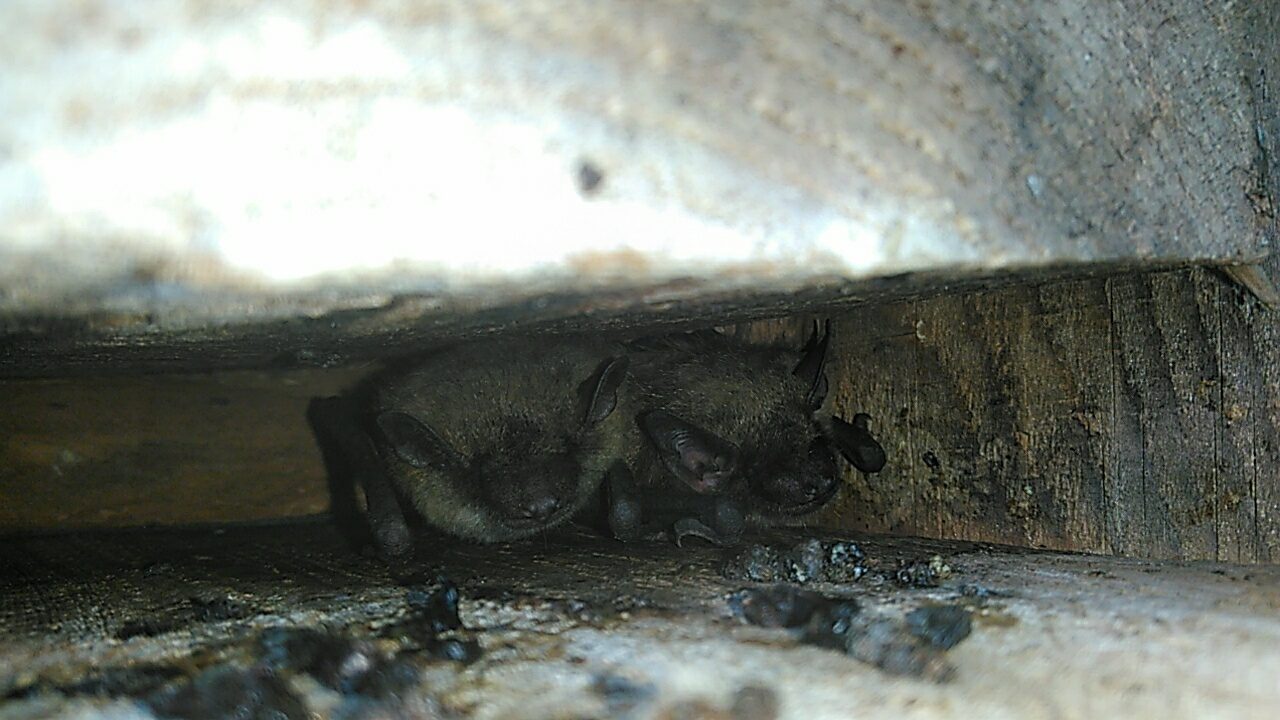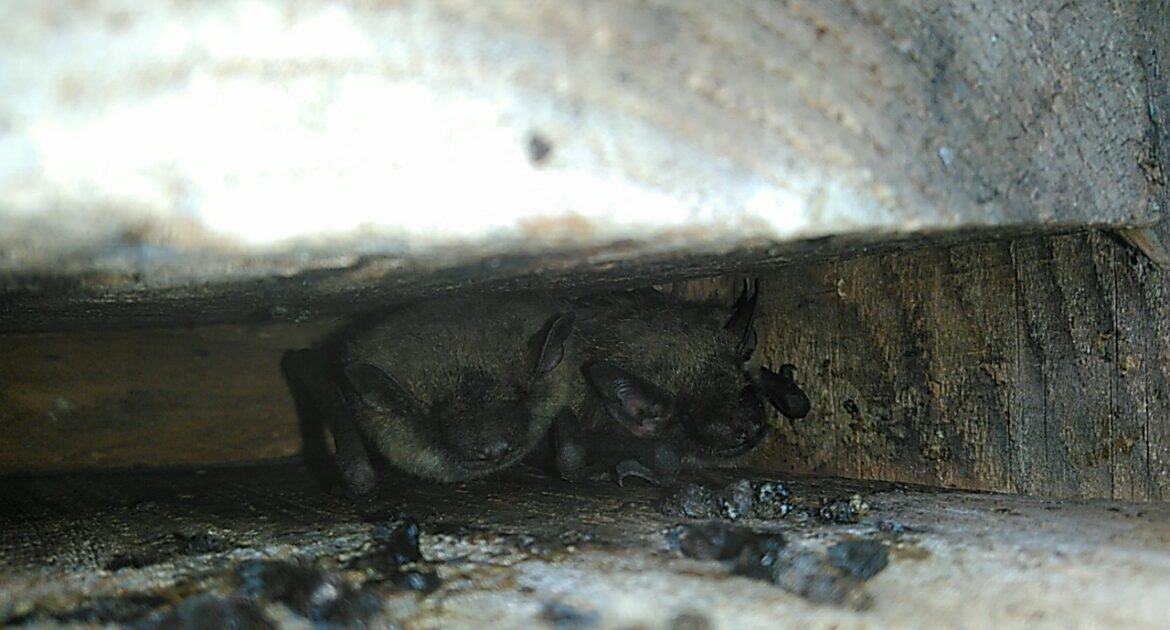It is difficult to talk about the risks associated with a bat bite in Barrie without either overstating or understating the issue. Canadian bats do not feed on blood and rarely bite humans. When it does happen, the bat is usually acting in self-defense. However, on the infrequent occasions that they do occur, bat bites can be very serious because bats can spread diseases to humans through their bite. An incursion of bats in your home increases the chances of an encounter in which you or a member of your family gets bitten. Therefore, it is important to know how to get rid of bats and what to do if one does bite.
Why Are Bat Bites Dangerous?
There are many mammal species capable of carrying rabies, but bats do so most frequently. A rabid bat may exhibit symptoms, such as an inability to fly or abnormal, daytime flight patterns, but it may also be asymptomatic. Rabies is a virus that causes severe flu-like symptoms in humans. It takes several weeks or months to incubate, but once symptoms start showing up, rabies is almost always fatal. While there are few treatment options available for rabies, it can be prevented with inoculations.
A bat can transmit the rabies virus to humans through its saliva by biting them. In fact, if the bat’s saliva comes into contact with any bodily openings, such as the mouth, nose, or eyes, a human can become infected with rabies.
What Are the Signs of a Bat Bite?
A bite from a bat does not look or feel much like a bite from a larger animal. Bats have very tiny teeth that leave marks immediately after a bite, but these do not linger for long, typically starting to fade within about half an hour. The bites shouldn’t cause much bleeding and are not very painful.
Therefore, if you wake up to find a bat in your bedroom, or that of a family member, there is a chance that it could have bitten during the night. While this is a rare occurrence, seek the advice of a doctor as to whether or not you or a family member needs treatment for a possible bite.
What Should You Do if a Bat Bites You?
If you see a bat bite you or a member of your family, the CDC recommends that you first wash the wound site thoroughly with soap and water and seek medical attention immediately thereafter. If the bat can be safely captured, it can be tested for the rabies virus. If the test is conclusively negative, your doctor may deem it unnecessary to inoculate you or your family member against rabies. However, attempts to capture the bat may put you at risk for further bites. For this reason, your doctor may recommend that you forgo trying to capture the bat for testing and receive rabies inoculations as a precautionary measure.
Rabies can incubate in the body for anywhere from several days to several months. A person who has been exposed can receive the vaccination as long as he or she is asymptomatic. Because the incubation period can be unpredictable, it is best to start the injections as soon as possible after the bite. In the past inoculations against rabies required a series of up to 30 shots, but recent medical advancements have reduced that number down to four, and side effects are usually mild.
Avoid a Bat Bite in Barrie With Professional Removal
While a bat incursion increases the risk for a bite, removal is not a do-it-yourself job. In the first place, attempting to remove bats yourself increases the risk that they will bite in self-defense. Furthermore, bats are protected species and there are laws regulating how they can be handled. Skedaddle’s wildlife technicians are trained to handle bats safely and in compliance with the law. Call us for animal control in Barrie.




